 By now, thanks to public service announcements and the mandatory Surgeon General’s warning, most people are aware that smoking and using tobacco products has a negative impact on your overall health. The risk of developing lung cancer, breathing problems, chronic obstructive pulmonary disease (COPD) and other conditions increase. However, it may not be as widely known that smoking and tobacco products are bad for your oral health. Dr. Mark Sowell of Aesthetic Dentistry Centre in Plano, TX wants to educate you on the risks of smoking to your teeth and gums.
By now, thanks to public service announcements and the mandatory Surgeon General’s warning, most people are aware that smoking and using tobacco products has a negative impact on your overall health. The risk of developing lung cancer, breathing problems, chronic obstructive pulmonary disease (COPD) and other conditions increase. However, it may not be as widely known that smoking and tobacco products are bad for your oral health. Dr. Mark Sowell of Aesthetic Dentistry Centre in Plano, TX wants to educate you on the risks of smoking to your teeth and gums.
How Does Tobacco Affect My Teeth?
Smoking cigarettes slows down your ability to heal. This means that your teeth wear down faster. Additionally, cigars, chewing tobacco, snuff and unprocessed tobacco leaves (used as cigar wrappers) all contain tiny particles that are abrasive to tooth enamel. When chewed and mixed with your saliva and chewed, an abrasive paste is created that wears down teeth over time.
Smoking and tobacco use also limit the effectiveness of many dental treatments. The effects of smoking on your mouth include reduced blood flow, increased bacteria and inflammation. These issues can make it difficult to replace lost teeth using restorative dental procedures.
For example, implants and bridges might not be an option for a tobacco user because your surrounding teeth and jawbone may have weakened from infection or decay and aren’t strong enough to support these procedures. Research shows that due to slow healing and weaker jawbone tissue, the implant failure rate for smokers was almost 16 percent, compared to just 1.4 percent in nonsmokers.
Treating gum disease is harder
First of all, smokers are twice more likely to develop gum disease than non-smokers. And smoking stunts your immune system’s ability to fight infection. Therefore, using tobacco can cause a simple infection to become something worse like an abscess or even sepsis. Also, smokers that are being treated for gum disease harder time coping with the symptoms of gum disease. Smoking also hampers the growth of blood vessels, which means less blood flow to the gum tissues which slows healing after oral surgery.
What about chewing tobacco?
Smokeless tobacco (also known as snuff or chewing tobacco) is a primary cause of cancers of the mouth, lip, tongue and pancreas. Like cigarettes, chewing contains at least 28 cancer-causing chemicals.
Issues caused by smokeless tobacco include:
- Risk for cancer of the voice box, esophagus, colon and bladder due to swallowing toxins in the juice created by chewing.
- Irritation of your gums, which can lead to gum (periodontal) disease.
- Increased risk of tooth decay as sugar is often added to enhance the flavor of chewing tobacco.
- Tooth sensitivity and erosion due to sand and grit from smokeless tobacco wearing down teeth.
What can I do?
If you’re a smoker, you can start by recognizing that tobacco dependence is an addiction disorder. All aspects of nicotine addiction, including both the psychological and physiological ones, need to be addressed to break the habit, and it’s not uncommon for smokers to make several attempts at quitting several times before succeeding. If you’re a smoker, work with both your medical doctor and your dentist to find a strategy that can help you quit for good.
Ultimately, the effects of smoking and using tobacco on teeth can lead to tooth decay, gum disease and pose a challenge with restorative dentistry. For more information or help restoring your teeth from the destruction caused by tobacco use, schedule with Dr. Sowell of Aesthetic Dentistry Centre by calling (972) 382-6855 or schedule online today.
